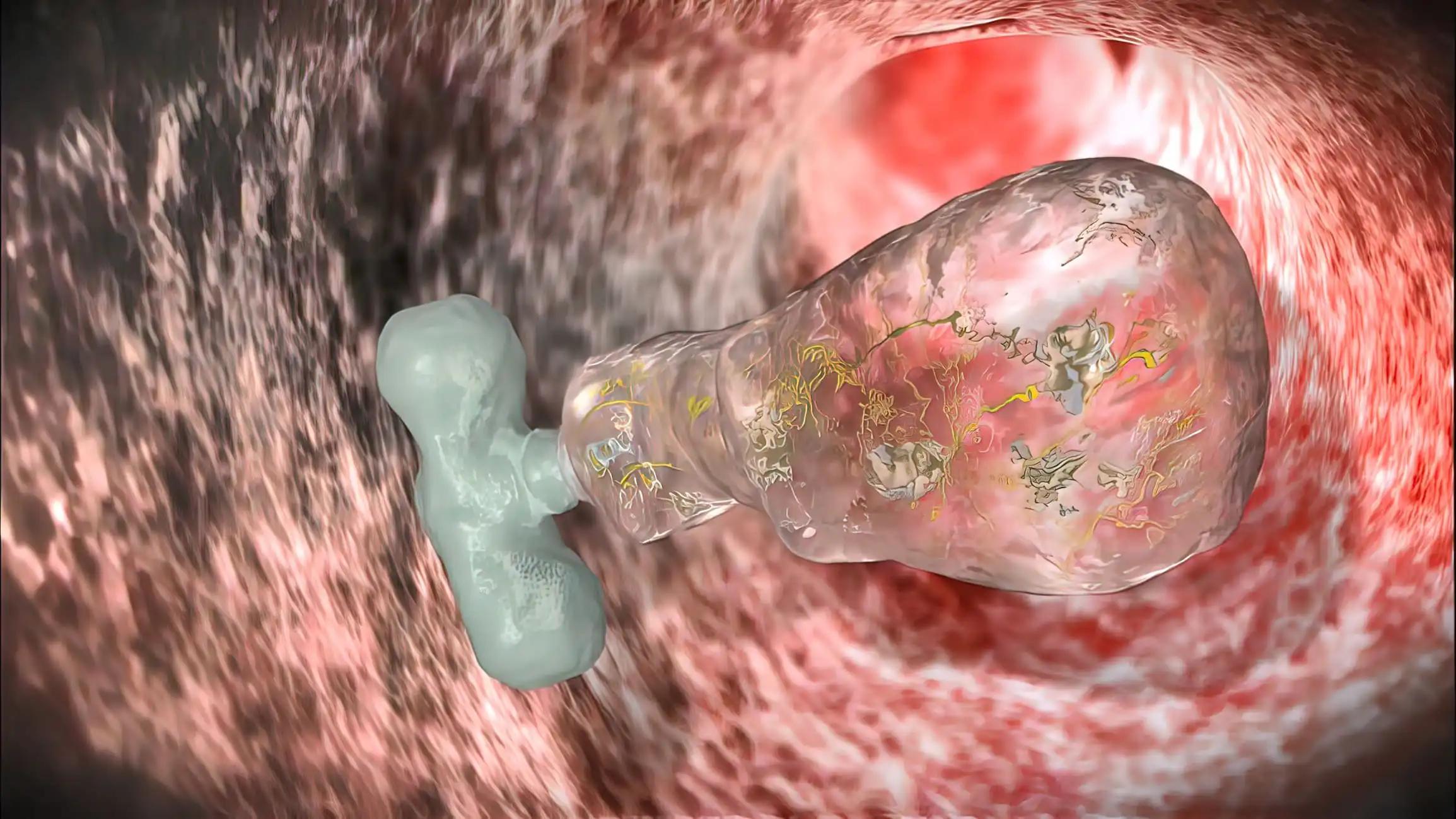KEY TAKEAWAYS
- The phase 3 KEYNOTE-189 trial evaluated the effectiveness and safety of administering Pembrolizumab in combination with pemetrexed-platinum.
- The subjects were randomly assigned in a 2:1 ratio to receive either intravenous pembrolizumab 200 mg or placebo every 3 weeks.
- The administration of Pembrolizumab in combination with pemetrexed-platinum led to a significant improvement in OS and PFS in patients
- No grade 5 AE were reported, but patients who received pembrolizumab exhibited a higher incidence of Grade 3/4 AE.
- The findings endorse using pembrolizumab plus pemetrexed-platinum as first-line therapy for patients with metastatic nonsquamous non-small-cell lung cancer
In the global, randomized, double-blind, phase 3 KEYNOTE-189 study, it was observed that the administration of Pembrolizumab in combination with pemetrexed-platinum led to a significant improvement in overall survival (OS) and progression-free survival (PFS) with manageable safety in patients with previously untreated metastatic nonsquamous non-small-cell lung cancer (NSCLC) without EGFR/ALK alterations, as compared to placebo plus pemetrexed-platinum. The outcomes of Japanese subjects registered in the KEYNOTE-189 worldwide and Japan extension trials are hereby presented. The subjects were randomly assigned in a 2:1 ratio to receive either intravenous pembrolizumab 200 mg or placebo every 3 weeks (Q3W) for a maximum of 35 cycles. All subjects were administered pemetrexed at a dose of 500 mg/m2 in addition to the investigator’s preferred choice of cisplatin or carboplatin every three weeks for four cycles. This was followed by maintenance pemetrexed at a dose of 500 mg/m2 every three weeks, all administered intravenously. The co-primary endpoints comprised overall survival (OS) and progression-free survival (PFS). A total of forty Japanese patients were included in the study, with 25 receiving pembrolizumab and 15 receiving a placebo.
As of the data cutoff on May 20th, 2019, with a median time from randomization to data cutoff of 18.5 months (range, 14.7-38.2), the median overall survival (OS) was indeterminate in the pembrolizumab plus pemetrexed-platinum group. In the placebo plus pemetrexed-platinum group, the median OS was 25.9 months (95% confidence interval [CI], 11.9-29.0) with a hazard ratio (HR) of .29 (95% CI, .07-1.15). The patient’s progression-free survival (PFS) was evaluated, and the median PFS with a 95% confidence interval (CI) was found to be 16.5 (8.8-21.1) months. This was compared to another group with a median PFS of 7.1 (4.7-21.4) months, with a hazard ratio (HR) of .62, and a 95% CI of .27-1.42. No grade 5 adverse events (AE) were reported. In the study, patients who received pembrolizumab exhibited a higher incidence of Grade 3/4 AE compared to those who received a placebo, with 72% and 60% rates, respectively. Additionally, a greater proportion of patients who received pembrolizumab experienced immune-mediated AE, with rates of 40% compared to 20% in the placebo group. Infusion reactions were also observed in a small percentage of patients who received pembrolizumab, with rates of 4% compared to 0% in the placebo group. The efficacy and safety outcomes observed in Japanese patients with nonsquamous NSCLC without EGFR/ALK alterations were comparable to those reported in the global study. These findings endorse using pembrolizumab plus pemetrexed-platinum as first-line therapy for such patients.
Source:https://pubmed.ncbi.nlm.nih.gov/34036692/
Clinical Trail:https://clinicaltrials.gov/ct2/show/NCT03950674
Horinouchi H, Nogami N, Saka H, Nishio M, Tokito T, Takahashi T, Kasahara K, Hattori Y, Ichihara E, Adachi N, Noguchi K, Souza F, Kurata T. Pembrolizumab plus pemetrexed-platinum for metastatic nonsquamous non-small-cell lung cancer: KEYNOTE-189 Japan Study. Cancer Sci. 2021 Aug;112(8):3255-3265. doi: 10.1111/cas.14980. Epub 2021 Jun 15. PMID: 34036692; PMCID: PMC8353942.



